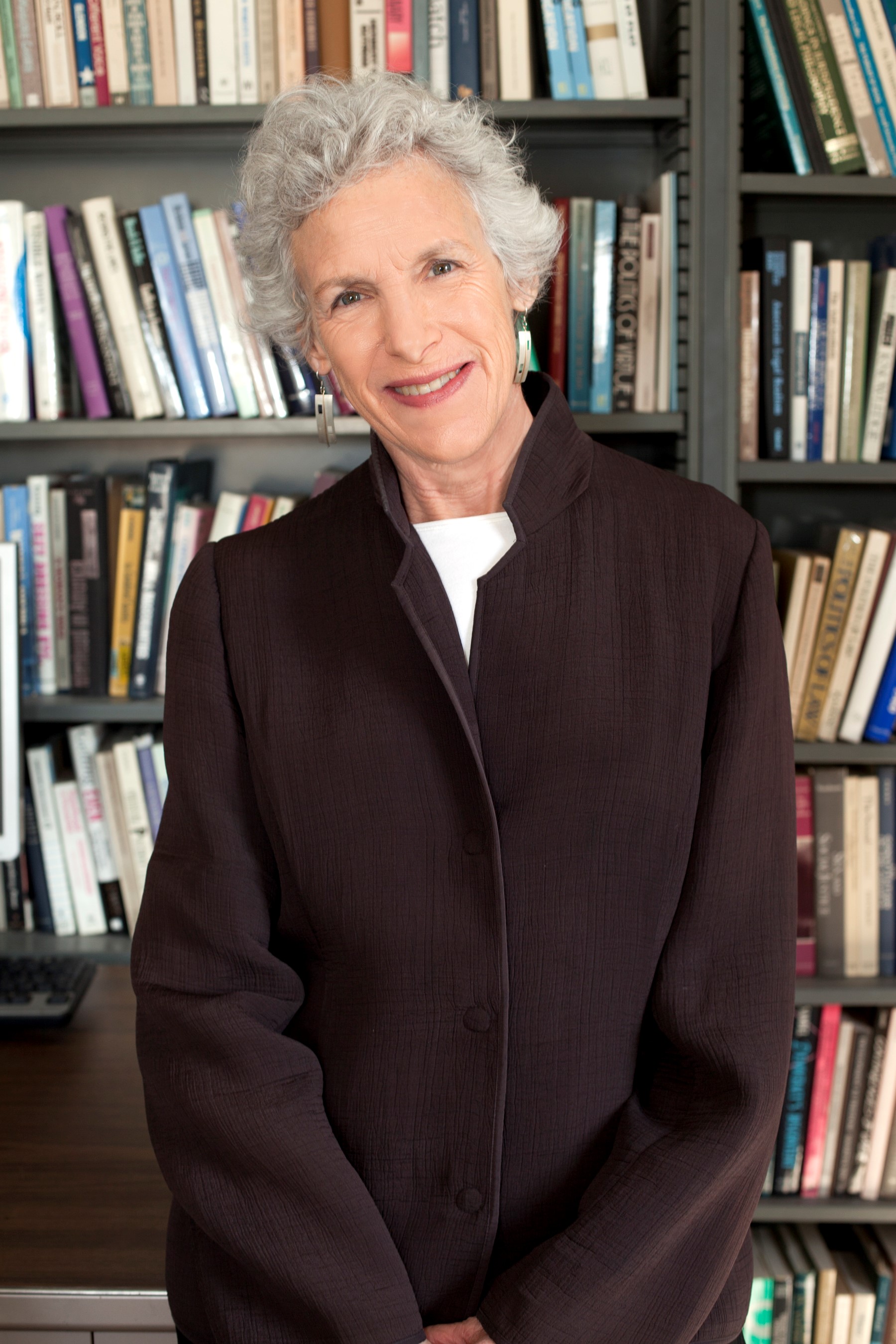Contributor: Alice Liu
Work and Life is a two-hour radio program hosted by Stew Friedman, director of the Wharton Work/Life Integration Project, on Sirius XM’s Channel 111, Business Radio Powered by Wharton. Every Tuesday from 7 pm to 9 pm EST, Stew speaks with everyday people and the world’s leading experts about creating harmony among work, home, community, and the private self (mind, body, and spirit).
Stew Friedman spoke with Joan Williams, Hastings Foundation Chair and Director of the Center for Work Life Law at the University of California (Hastings). Williams has played a central role in reshaping the debate on women’s advancement for the past quarter-century. Her newest book, What Works for Women at Work: Four Patterns Working Women Need to Know, discusses the strategies that women can utilize to combat pervasive gender biases in the workplace.
The following are edited excerpts of Friedman’s conversation with Williams.
Stew Friedman: Let’s talk about the four patterns that every woman should know about and how to navigate through them.
Joan Williams:  One pattern of gender bias that really plays into work-family conflict is that women often feel that they have to prove themselves over and over again, providing much more evidence of competence than their male colleagues in order to be perceived as equally competent. Women’s successes are more likely to be attributed to luck rather than skill. In our interviews, we heard women over and over again feeling that men were judged on potential while women were judged strictly on performance. Because of this, women often feel that they literally have to work harder than men in order to be seen as equally competent, especially since women’s mistakes tend to be noticed more and remembered longer.
One pattern of gender bias that really plays into work-family conflict is that women often feel that they have to prove themselves over and over again, providing much more evidence of competence than their male colleagues in order to be perceived as equally competent. Women’s successes are more likely to be attributed to luck rather than skill. In our interviews, we heard women over and over again feeling that men were judged on potential while women were judged strictly on performance. Because of this, women often feel that they literally have to work harder than men in order to be seen as equally competent, especially since women’s mistakes tend to be noticed more and remembered longer.
If people are going to tend to notice and remember your mistakes while at the same time overlooking your successes, then you have to be in a position to jog their memory. A very effective way for women to self-promote is what we call the posse where you form a group of men as well as women and you celebrate each other’s accomplishments. The reason the posse is such a good strategy is because of the gender bias called the tightrope, which stems from the fact that all high paying jobs are traditionally seen as requiring masculine qualities, while women are expected to be feminine. So women in these jobs often find themselves walking a tightrope between being seen as too masculine – respected but not liked – and being seen as too feminine – liked but not respected.
SF: How does the posse help you become both liked and respected?
JW: The posse is part of a series of strategies I call gender judo. You’re using a feminine stereotype – in this case it’s the stereotype of the selfless woman – but you’re using it not to hold you back but rather to propel you forward. The posse is gender judo in the sense that you’re doing something that’s considered masculine – promoting yourself – in what’s seen as a suitably feminine way by engaging with others. Because after all, what’s more appropriate for the feminine stereotype than to be celebrating the successes of someone else?
Another gender judo strategy stems from the common phrase, “women don’t get ahead because they don’t ask.” It’s true that women are less likely than men to negotiate for themselves. There’s been a lot of talk about how women should just step up and ask, but the studies show that when women do ask they tend to be seen as less likeable and people are less likely to hire them.
The solution is not to not ask. In What Works for Women at Work, we provide very specific guidance on how a woman can ask and negotiate for herself. What’s missing here? For example, you could say, “My supervisor said it was really important to negotiate the salary.” So the request is on behalf of another. Another example: when Sheryl Sandberg joined Facebook she negotiated for her salary and later said, “I really needed to set an example for the group.” Again, she was acting for others not just for herself.
Brian, a caller: What are the steps that need to happen to make the inequalities in the workplace better for women?
JW: I think that we need to do something very concrete, something that people haven’t done. For example, we can redesign performance evaluations to interrupt implicit bias. If we know that men tend to be judged on potential and women on achievement, then we need to redesign performance evaluations so that everybody is first asked about the potential of the candidate and then the performance of the candidate. This will hopefully make that kind of bias go away.
SF: What else can organizations do?
JW: This is ultimately part of a larger intellectual project. When I wrote What Works for Women at Work, I really wrote it in response to the fact that I’ve been working on the issue of women’s advancement for 20 years. When I started, 15% of law firm partners were women, and today as we speak, still only 15% of law firm partners are women. I’m not saying that there hasn’t been any change, but women’s advancement leveled off in the mid-1990s.
That’s why I thought, “Organizations should change. Organizations aren’t changing.” I decided then to write a book that shows female leaders not what should work for women at work but what does work for women at work, because these patterns of bias are unfortunately very pervasive. What Works for Women at Work shows women how to navigate organizations as they exist – deeply shaped by gender bias. The next step is to redesign business systems so that organizations really do begin to change, and that’s what I’m turning my attention to now.
Williams discusses the ways in which gender judo can help women navigate and overcome the biases in the workplace. Have you ever used gender judo? What were your experiences? Join us in the comments below with your thoughts.
To learn more about Williams’s work, follow her on Twitter @JoanCWilliams and on her Huffington Post blog.
Tune in to Work and Life next Tuesday, April 29 at 7:00 to 9:00 PM EDT on Sirius XM Channel 111 for conversations with Prasad Setty, Google’s Vice President of People Analytics, and Anne-Marie Slaughter, President and CEO of New America Foundation and author of the widely popular article, “Why Women Still Can’t Have It All,” in The Atlantic.Visit Work and Life for a full schedule of future guests.
About the Author
 Alice Liu is an undergraduate senior studying Management at The Wharton School and English (Creative Writing) at the College of Arts & Sciences.
Alice Liu is an undergraduate senior studying Management at The Wharton School and English (Creative Writing) at the College of Arts & Sciences.
Leave a Reply